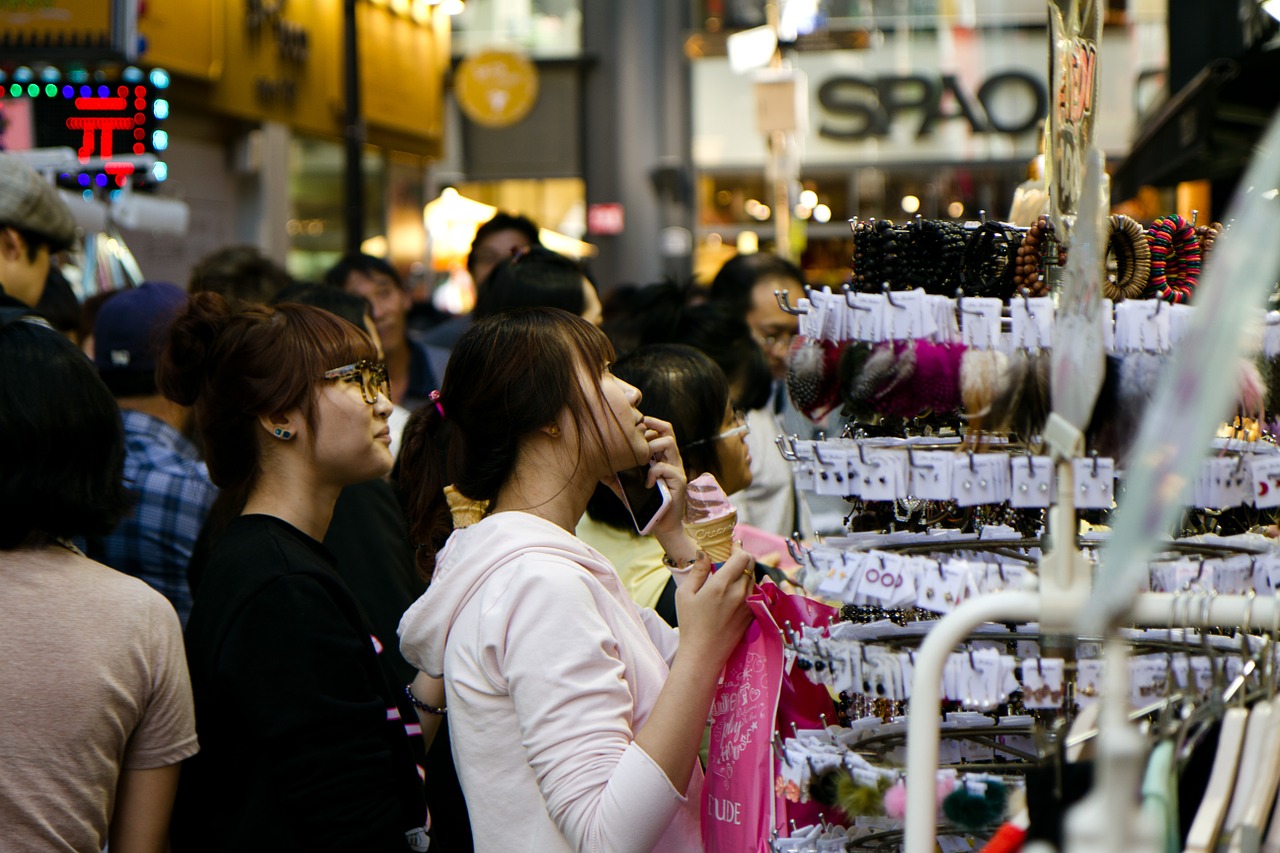
South Korea is grappling with a second wave of coronavirus infections. The country reported 34 new coronavirus cases on Sunday.
South Korea recorded the highest daily number in a month, as President Moon Jae-in laid out a progressive economic recovery plan for the country.
According to the Korea Centers for Disease Control and Prevention (KCDC), the new 26 cases were domestically transmitted infections. Meanwhile, eight involved travelers from overseas.
South Korea faced the first major epidemic outside China. It recorded zero or very few domestic cases over the past 10 days. The daily figures were hovering at about 10 or less in recent weeks.
The second wave of coronavirus cases in South Korea sprang from around nightclubs in Seoul. A man in his late 20s reportedly visited these areas before testing positive for the virus.
Data showed that the man was exposed to at least 15 people as of Friday. Meanwhile, 14 of the 26 cases reported were from Seoul. The KCDC did not detail whether the cases were linked.
The outbreak came when South Korea started relaxing social distancing restrictions. The country aimed to fully reopen schools and businesses as they pursue a social distancing campaign called "distancing in daily life."
A second wave before the year ends
Moon told the public to neither panic nor remain complacent. He said: "The right quarantine and medical systems combined with experience to respond quickly to any unexpected infection clusters that might occur."
However, he stressed the possibility of a second wave of the epidemic later this year. He added that the recent cluster highlighted the risks that the virus, which causes COVID-19, can spread any time.
"It's not over until it's over. While keeping enhanced alertness till the end, we must never lower our guard regarding epidemic prevention," he said during a televised speech. "We are in a prolonged war."
The KCDC will now be called the Disease Control and Prevention Administration, Moon said. Local governments will form their own epidemic response system and add more experts.
"We will also push to establish hospitals specialised in treating infectious diseases and a national infectious disease research centre," Moon said. "These tasks are very urgent if we are to prepare for the second epidemic wave that experts predict will hit this fall or winter."
Colossal economic damage
South Korea is known for its widespread testing, intensive contact tracing, and tracking apps. However, the pandemic badly damaged South Korea's economy.
Moon described the economic damage as "colossal."
"We will blaze a trail in the post-COVID-19 era with a pace-setting economy," he said.
"The early establishment of 5G infrastructure and the building of infrastructure to collect, accumulate and use data will be pursued as national projects," he said. "Non-face-to-face industries related to medical services, education and retail distribution will be intensively fostered."
According to Al Jazeera's Rob McBride: "Moon Jae-in has been regarded as setting an example for the rest of the world."
"But what lies ahead is quite grim. We stand on the verge of a global recession. South Korea's economy is export driven, and it is a fact that people won't be upgrading their Samsung smartphone or put off buying their motor car until next year - all the kind of things that are going to hurt South Korea."






